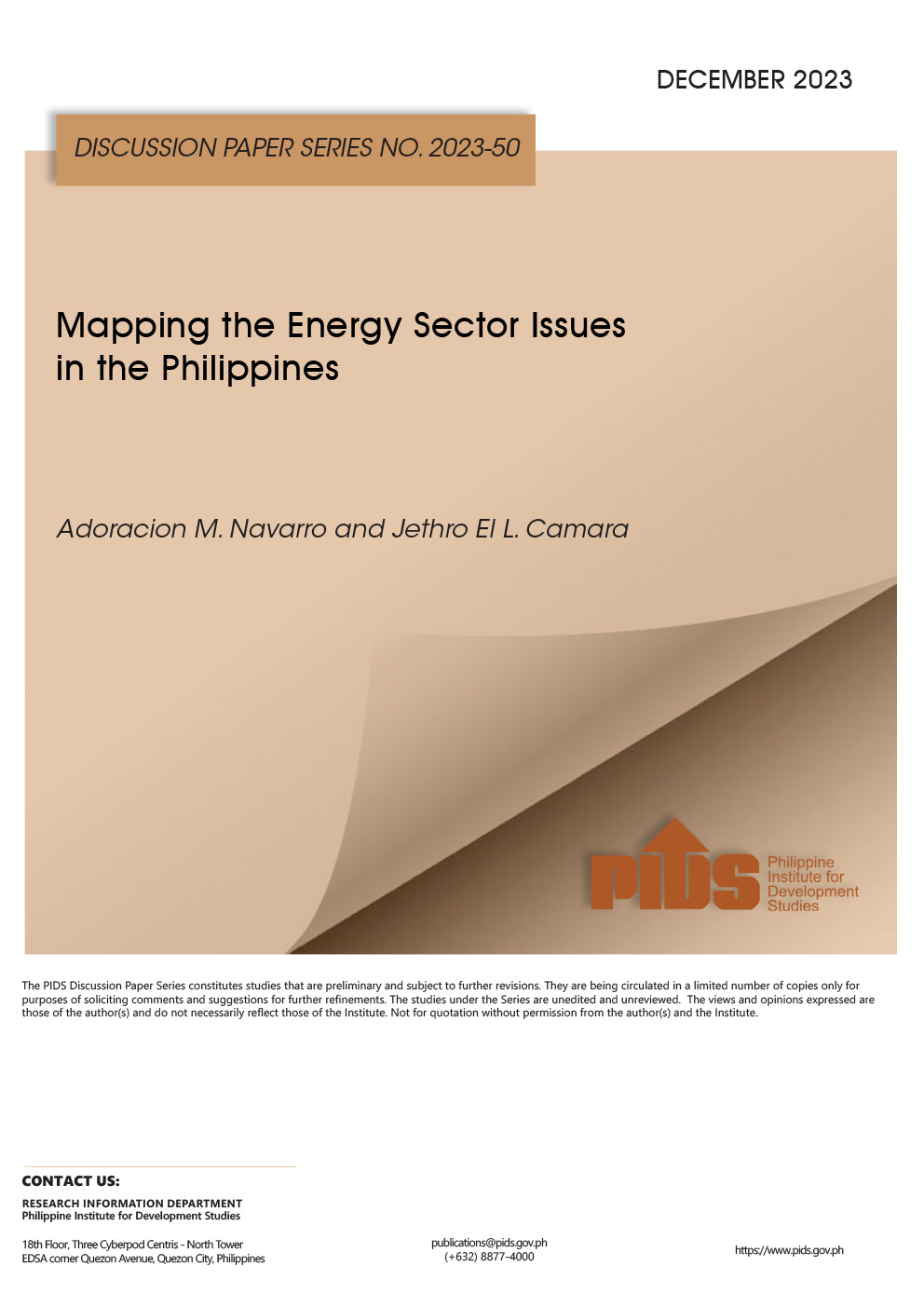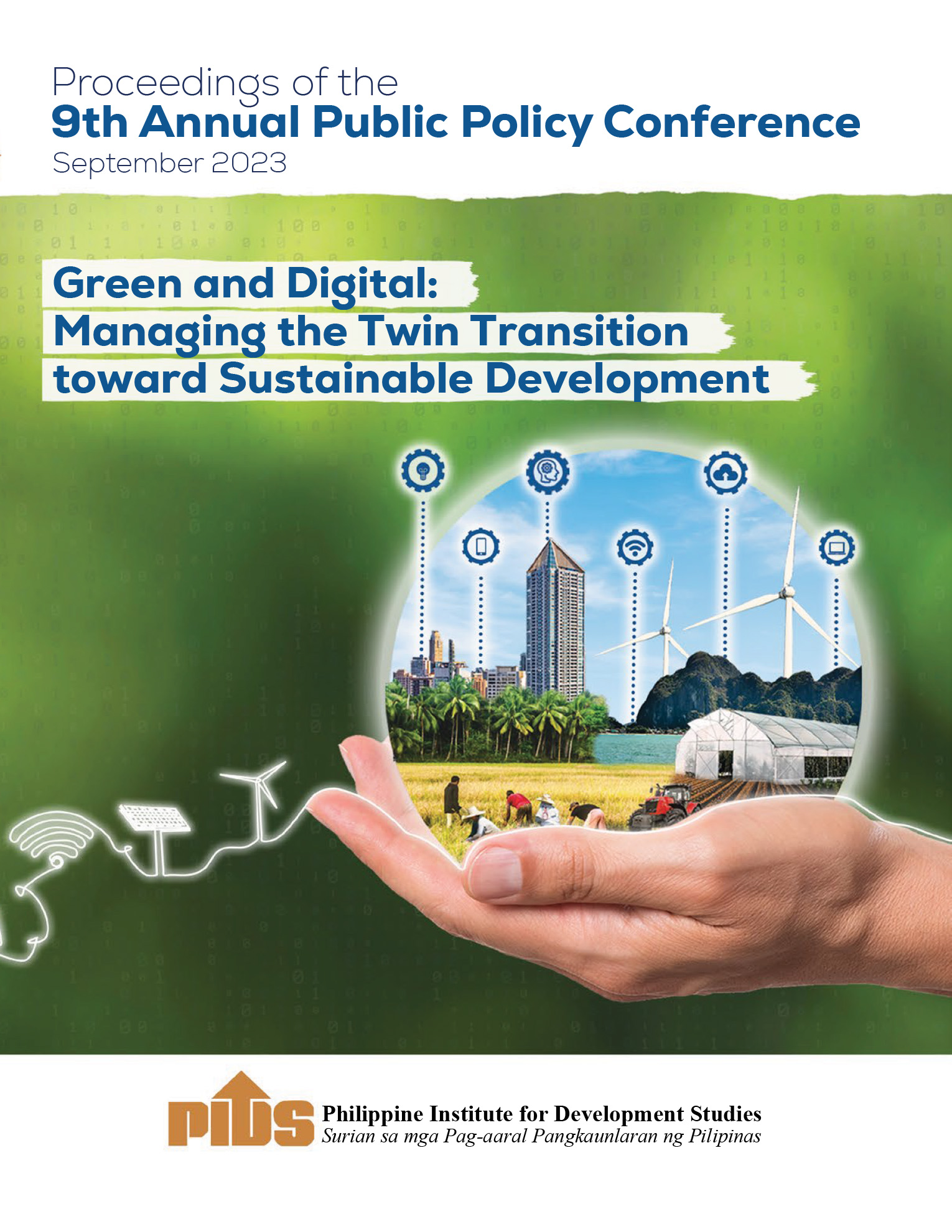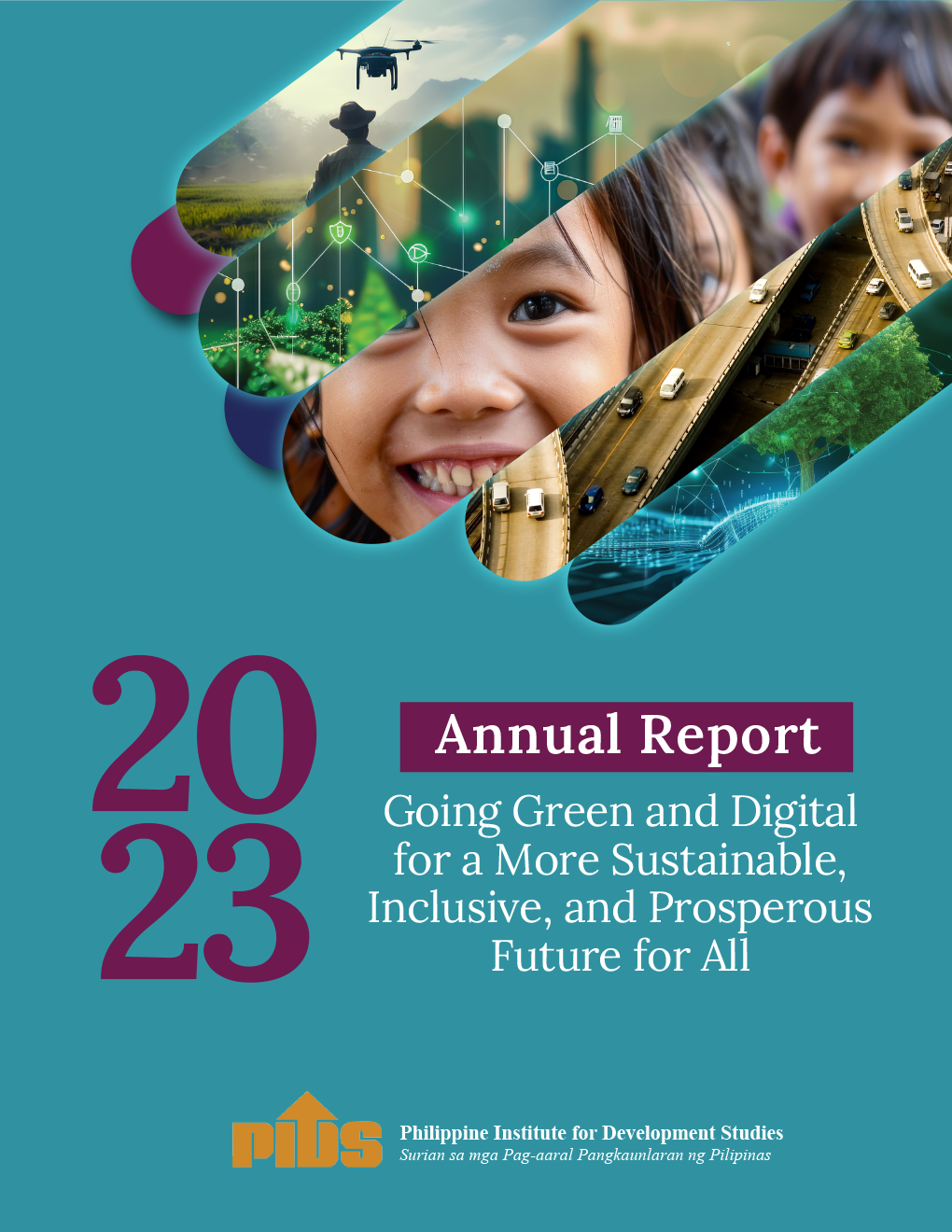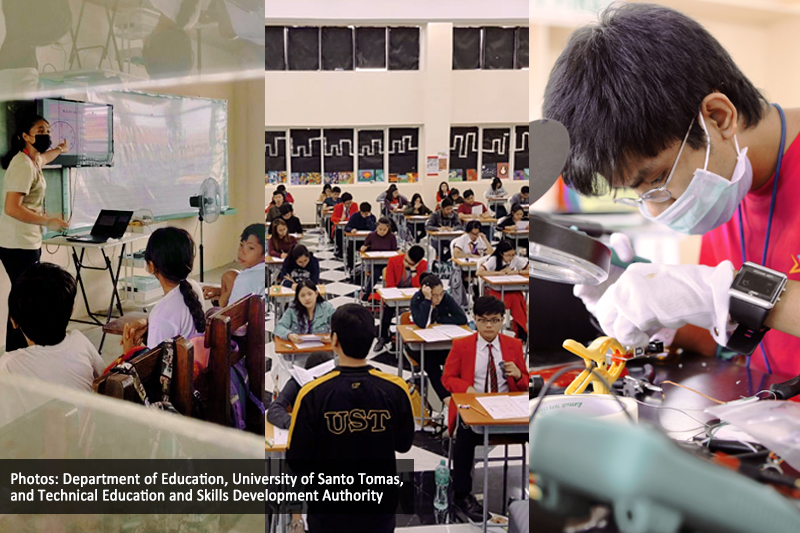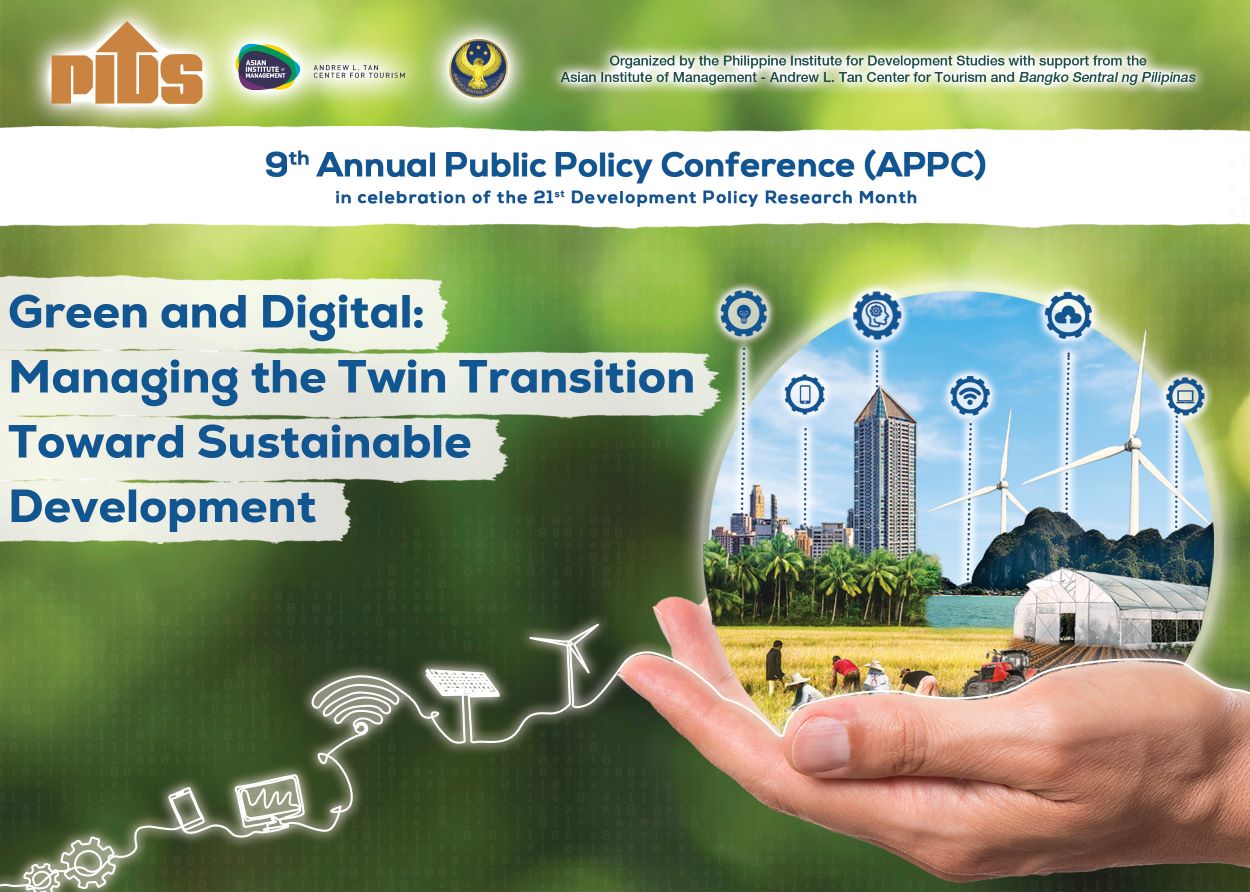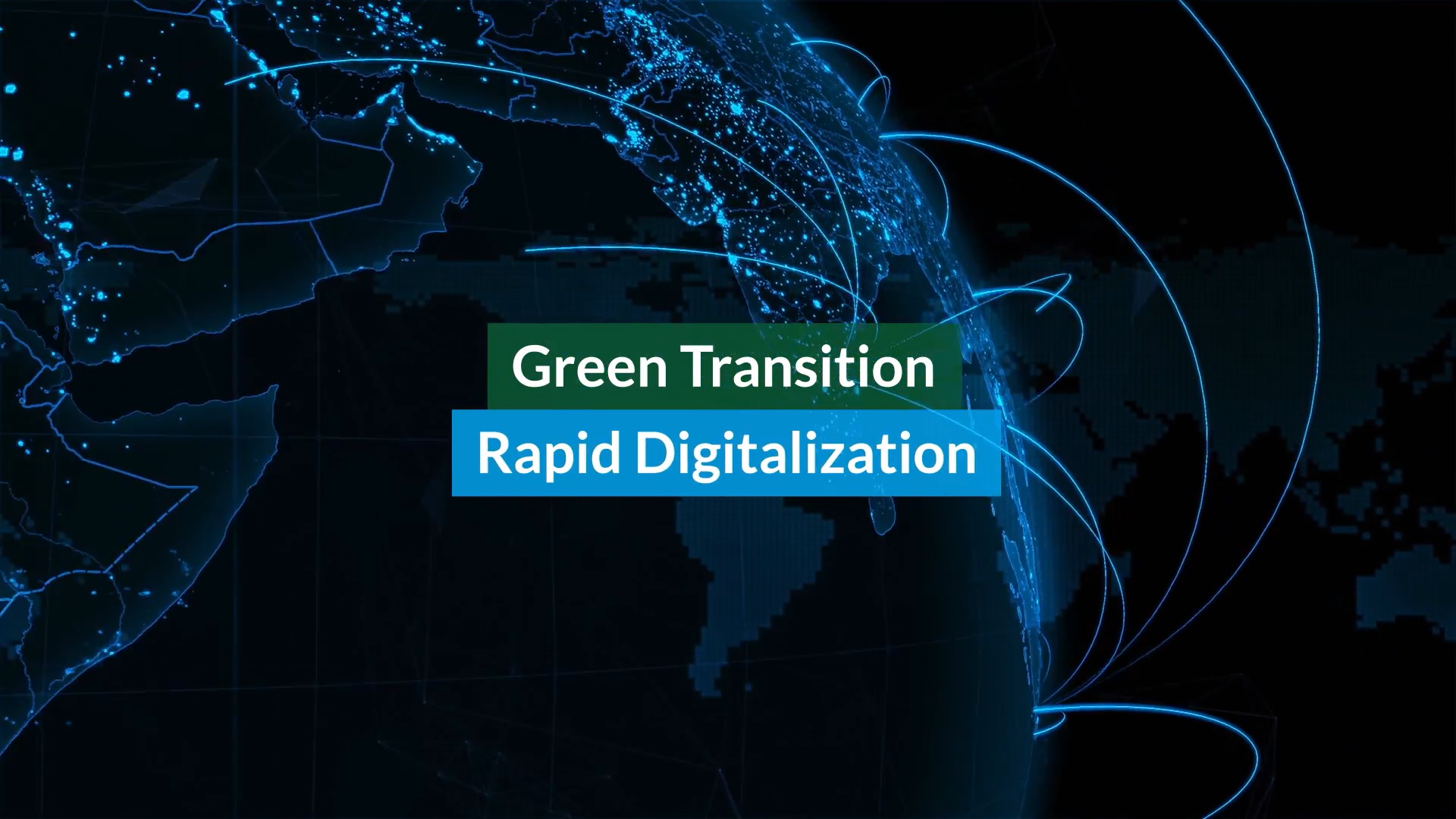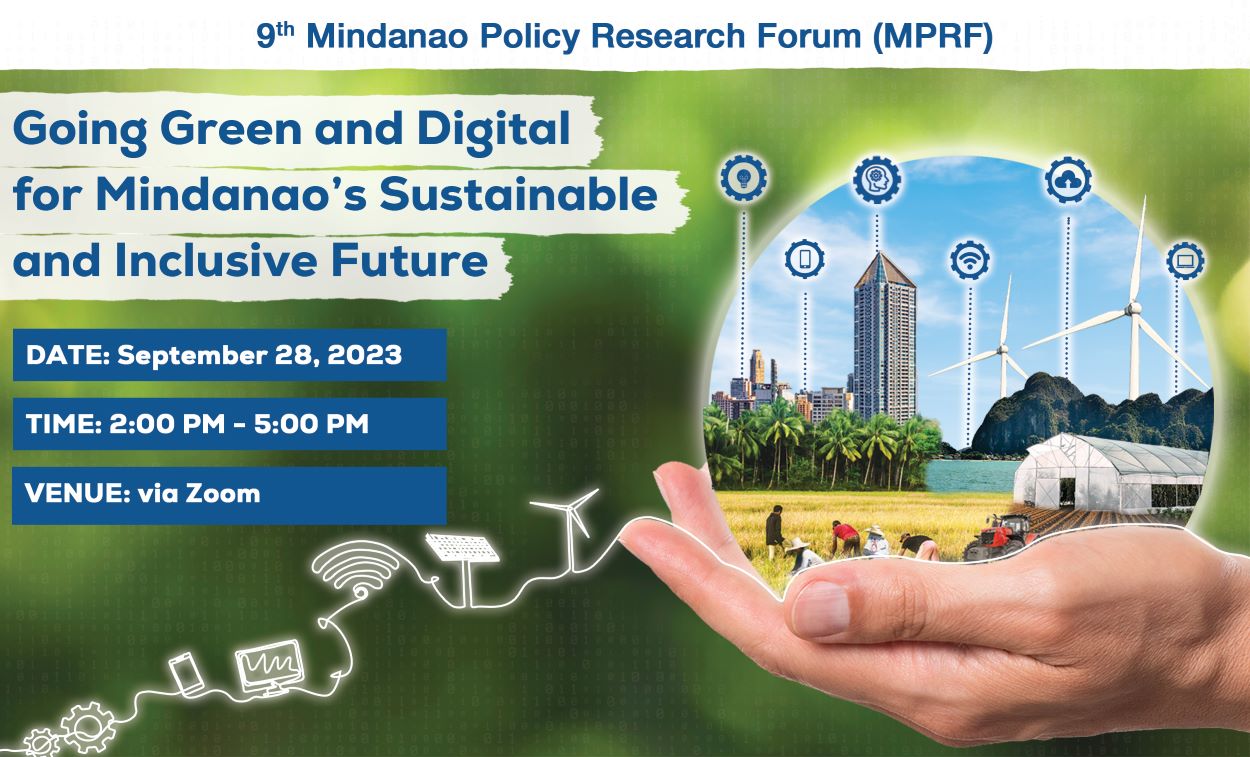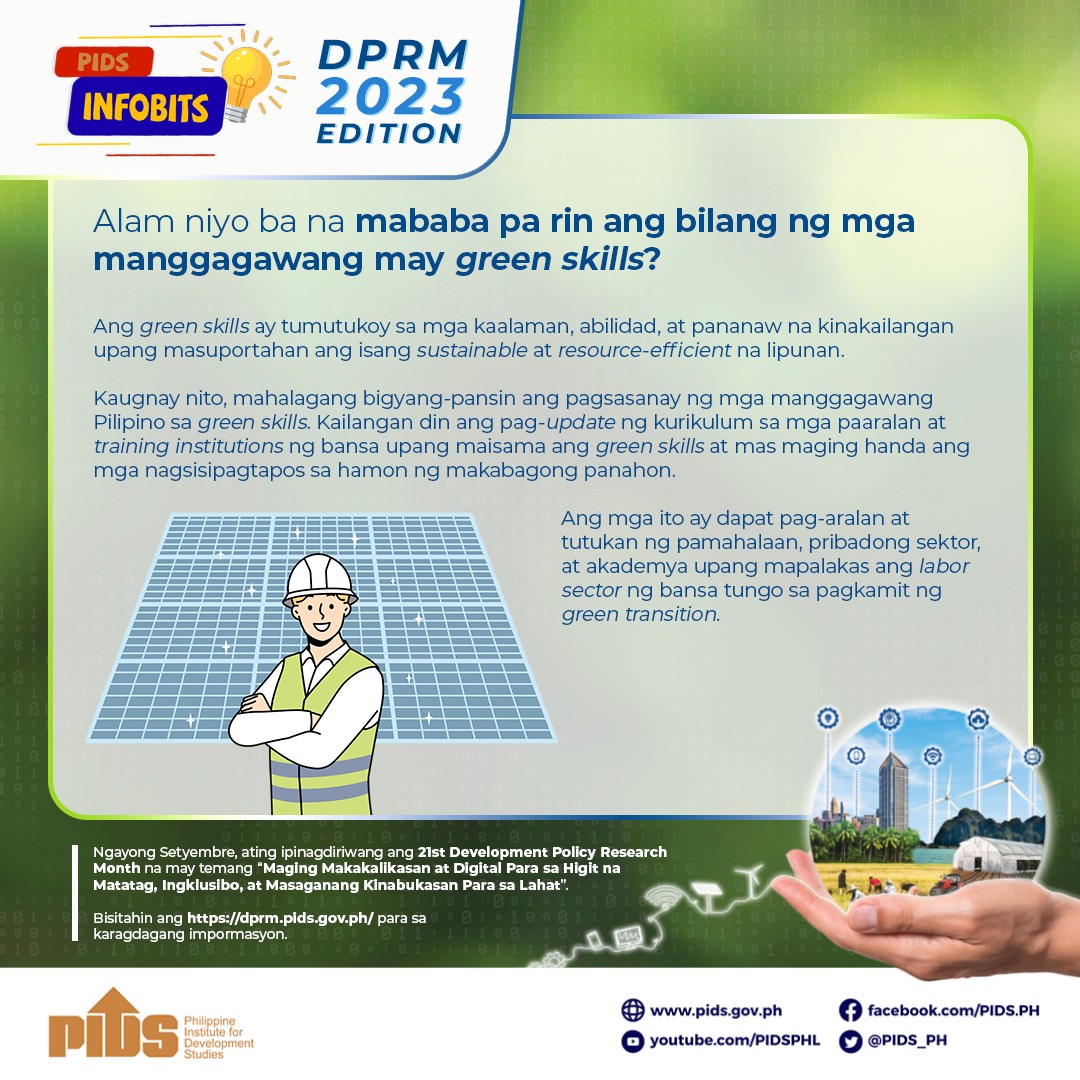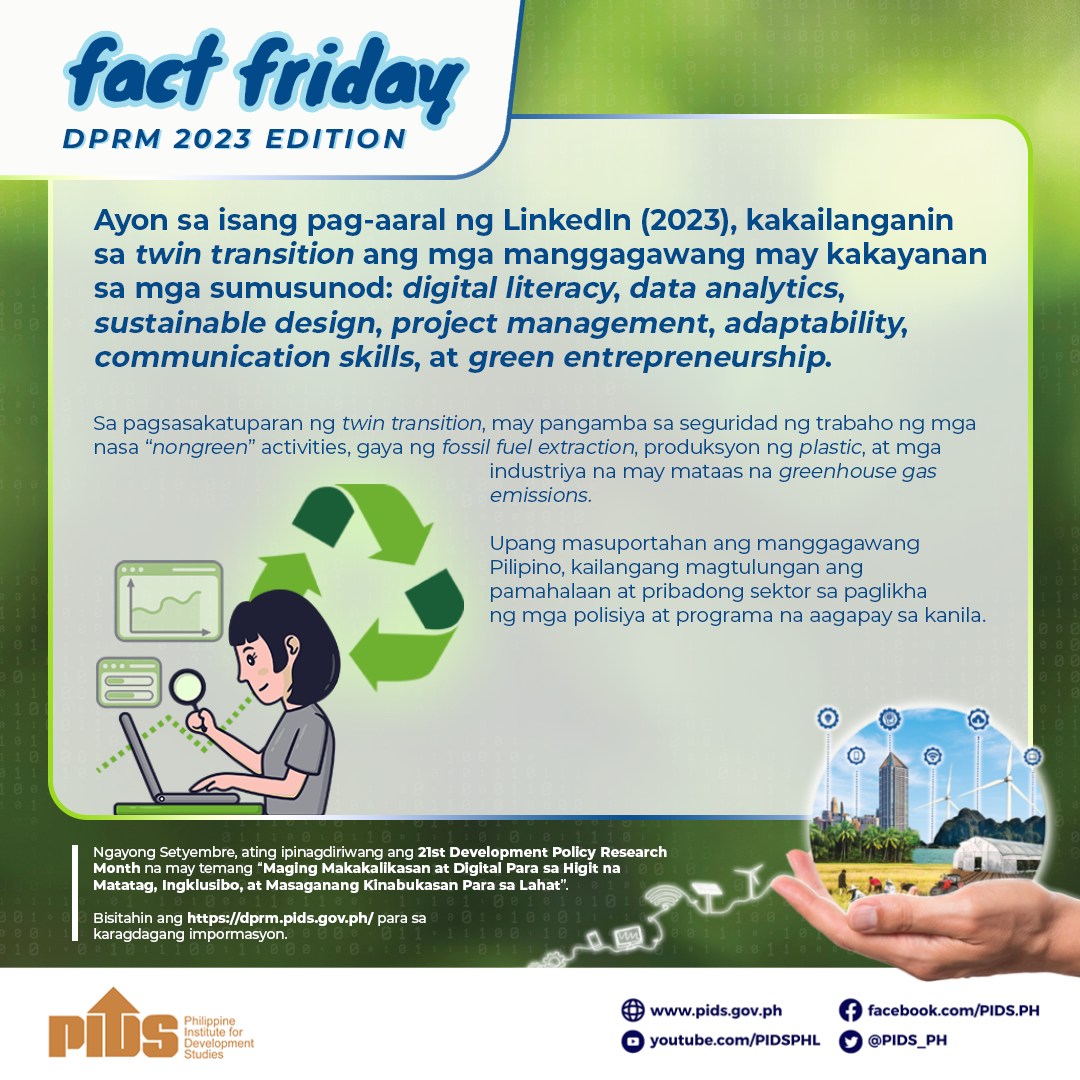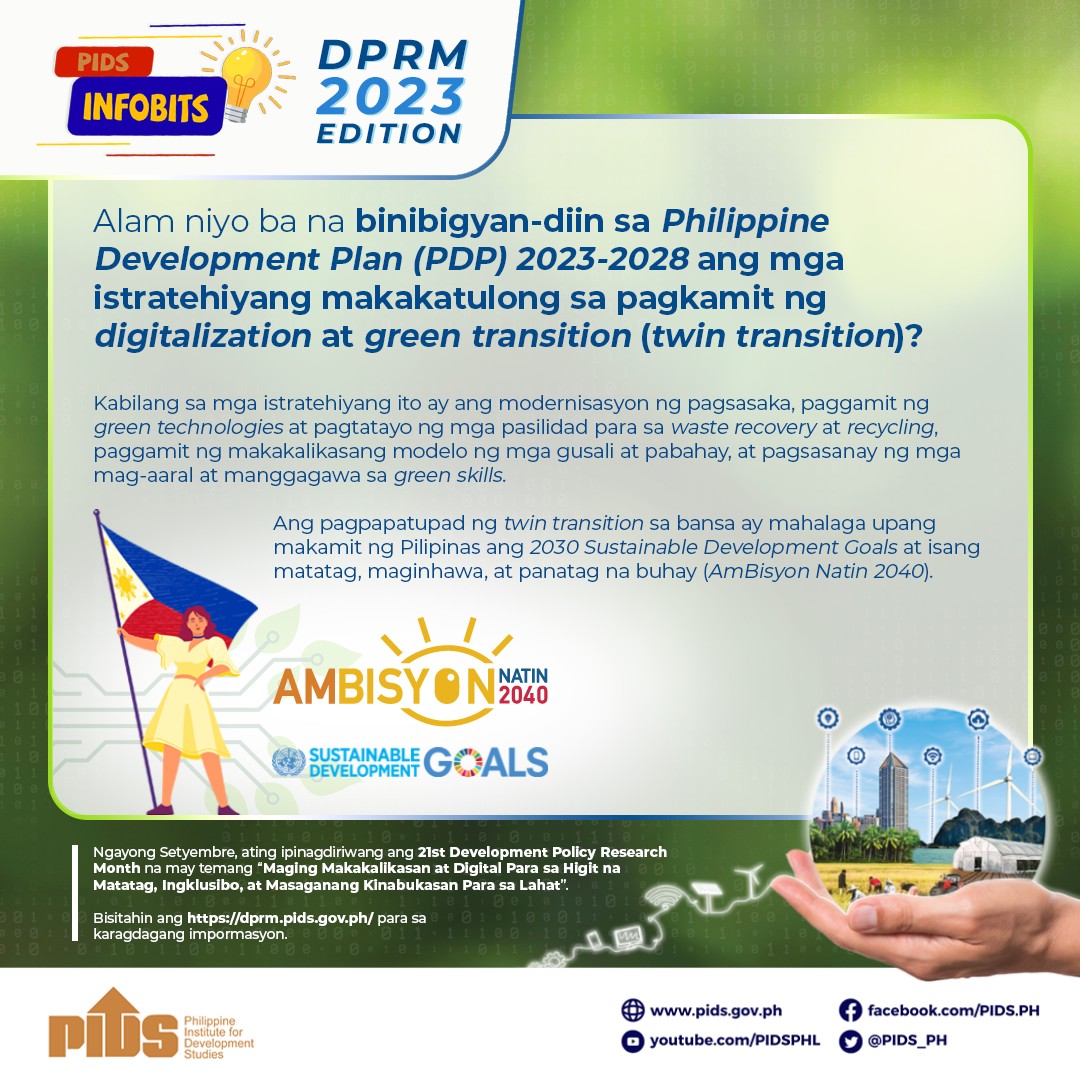MANILA, Philippines – Some of the country’s most promising green energy startups were given a boost in an effort find new ways to solve the Philippines’ huge energy gap.
Eight firms, chosen from a field of more than 50, were awarded a share in the P1 million seed funding and business training program put by the Impact Hub Fellowship Program on Sustainable Energy Solutions.
The fellowship is a collaboration between startup incubator Impact Hub Manila, the World Wide Fund for Nature Philippines (WWF-Philippines) and the Peace and Equity Foundation (PEF), which was created to encourage entrepreneurship in the energy space.
Aside from the P1 million in funding and training, the firms will compete against each other for a period of 8 weeks to select the best 2 or 3 among them. These final 2 or 3 firms will win an additional P1.5 million in seed funding, plus free use of Impact Hub’s co-working spaces and access to its global network of contacts.
The 8 firms singled out by the fellowship are:
Cleverheat: The firm aims to provide heat-driven refrigeration and air-conditioning in order to significantly reduce costs by cutting electric consumption.
HiGi Energy: They convert water hyacinth and agricultural waste into cooking energy like briquettes for low-income communities.
RE Analytics: The company provides highly accurate energy forecasts through machine learning and superior climate analytics. Through this, it envisions renewable energy integration in the Philippines and Southeast Asia.
Solar Sari-Sari Store: The company aims to empower local communities by providing them lighting, water purification, mobile charging, and refrigeration systems, thereby creating “solar energy stations”.
Juan Generators: This startup makes kinetic wind sculptures that produce electricity. The team believes that by combining art and energy production through renewable energy, it will help communities generate their own electricity.
Kitchen Energy for Island Communities: The firm provides a home biogas systems to be used to decompose kitchen wastes to provide energy for cooking and fertilizers as by-product.
Big Mike Bike: The firm provides bicycles that convert the rotatory motion to electrical energy in a multitude of uses, such as a shredder, food processor, washing machine, or spinning wheel. It aims to help low-income families be empowered by earning an income and helping the environment.
Team Triad / Electric Motorbikes: The firm offers an logistical solution for deliveries by use of electric motorcycles and a battery swapping station at key location points convenient when making a delivery.
Innovative energy
The country’s energy deficit has been highlighted again recently by the Luzon grid being under yellow alert for the past few weeks, dipping briefly into red alert last week problem runs deeper than just the threat of power outages, as many in the country still have to live in the dark. A 2013 study done by Philippine Institute for Development Studies (PIDS) pointed out that 16 million Filipinos still have no access to electricity.
The shortage of energy also hinders development, with high energy prices constantly cited as a deterrent to job creating foreign investment.
At the same time, a renewed focus has been placed on renewable energy by entrepreneurs, especially after the country’s carbon emission targets – committed to as a result of the 2015 Paris Agreement on Climate Change – are set to take effect within the next few years.
Due to this factors, as well as the high capital barriers to putting up fossil fuel plants, the fellowship sought to highlight the areas where innovation can be applied such as renewable energy, energy efficiency, access to energy and off¬grid solutions, alternative energy systems and reducing energy consumption.
All 8 will undergo rigorous training for 6 weeks, along with partners such as the Asian Development Bank, in order to refine their business models.
The training will also prepare them for the final pitching day set for October 6, where the final 2 to 3 companies will be awarded as the Impact Hub Fellows and receive the additional seed funding. – Rappler.com
Eight firms, chosen from a field of more than 50, were awarded a share in the P1 million seed funding and business training program put by the Impact Hub Fellowship Program on Sustainable Energy Solutions.
The fellowship is a collaboration between startup incubator Impact Hub Manila, the World Wide Fund for Nature Philippines (WWF-Philippines) and the Peace and Equity Foundation (PEF), which was created to encourage entrepreneurship in the energy space.
Aside from the P1 million in funding and training, the firms will compete against each other for a period of 8 weeks to select the best 2 or 3 among them. These final 2 or 3 firms will win an additional P1.5 million in seed funding, plus free use of Impact Hub’s co-working spaces and access to its global network of contacts.
The 8 firms singled out by the fellowship are:
Cleverheat: The firm aims to provide heat-driven refrigeration and air-conditioning in order to significantly reduce costs by cutting electric consumption.
HiGi Energy: They convert water hyacinth and agricultural waste into cooking energy like briquettes for low-income communities.
RE Analytics: The company provides highly accurate energy forecasts through machine learning and superior climate analytics. Through this, it envisions renewable energy integration in the Philippines and Southeast Asia.
Solar Sari-Sari Store: The company aims to empower local communities by providing them lighting, water purification, mobile charging, and refrigeration systems, thereby creating “solar energy stations”.
Juan Generators: This startup makes kinetic wind sculptures that produce electricity. The team believes that by combining art and energy production through renewable energy, it will help communities generate their own electricity.
Kitchen Energy for Island Communities: The firm provides a home biogas systems to be used to decompose kitchen wastes to provide energy for cooking and fertilizers as by-product.
Big Mike Bike: The firm provides bicycles that convert the rotatory motion to electrical energy in a multitude of uses, such as a shredder, food processor, washing machine, or spinning wheel. It aims to help low-income families be empowered by earning an income and helping the environment.
Team Triad / Electric Motorbikes: The firm offers an logistical solution for deliveries by use of electric motorcycles and a battery swapping station at key location points convenient when making a delivery.
Innovative energy
The country’s energy deficit has been highlighted again recently by the Luzon grid being under yellow alert for the past few weeks, dipping briefly into red alert last week problem runs deeper than just the threat of power outages, as many in the country still have to live in the dark. A 2013 study done by Philippine Institute for Development Studies (PIDS) pointed out that 16 million Filipinos still have no access to electricity.
The shortage of energy also hinders development, with high energy prices constantly cited as a deterrent to job creating foreign investment.
At the same time, a renewed focus has been placed on renewable energy by entrepreneurs, especially after the country’s carbon emission targets – committed to as a result of the 2015 Paris Agreement on Climate Change – are set to take effect within the next few years.
Due to this factors, as well as the high capital barriers to putting up fossil fuel plants, the fellowship sought to highlight the areas where innovation can be applied such as renewable energy, energy efficiency, access to energy and off¬grid solutions, alternative energy systems and reducing energy consumption.
All 8 will undergo rigorous training for 6 weeks, along with partners such as the Asian Development Bank, in order to refine their business models.
The training will also prepare them for the final pitching day set for October 6, where the final 2 to 3 companies will be awarded as the Impact Hub Fellows and receive the additional seed funding. – Rappler.com

